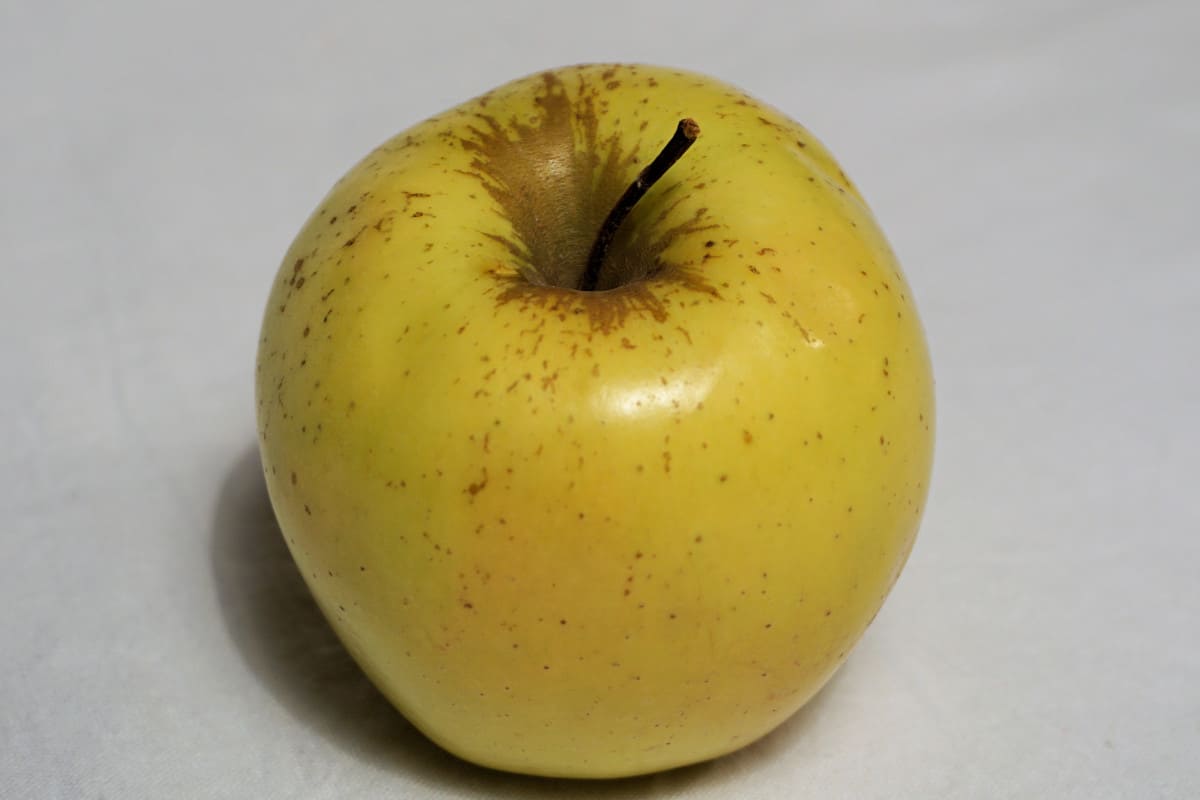Today, in this article, we are going to talk about Golden apple fruit foundation and consumption in Greek.
golden apple fnf
Since ancient times in Greek and after the foundation of fruits, apples of the golden variety has had a low barrier to entry and have a high consumption by a large population around the world. In point of fact, various European languages, including Greek, Latin, English, and French, used the word “apple” to refer to all fruits at one point in time. Apples have a reputation in Western culture for being excellent at soothing thirst and providing a substantial meal. Not only do they stand for wellbeing, but they also provide never-ending youth and immortality when held in one’s possession. Over the course of the centuries, they have repeatedly fueled pagan mythology, the biblical narrative, fairy tales, and popular legends, and they have become part of the communal imagination as a potent and ambivalent symbol, connected with seduction and femininity. In Greek mythology, gods and humans alike desired the golden apples that the mother goddess Gaia had given to Hera and Zeus as a wedding present. Gaia had given the apples to Hera and Zeus. They were kept in a garden that was watched over by the Hesperides, who were the daughters of the goddess of the night, as well as by Ladon, a dragon with one hundred heads that never went to sleep. Those who consumed these apples were given the assurance that they would live forever and would never again be subjected to the pangs of hunger, thirst, or any kind of illness. Eris, the Greek goddess of strife and discord, is said to have been upset at the fact that she was not invited to the wedding of Thetis and Peleus, and as a result, she grabbed one of the apples and hurled it among the other guests. The gathering was thrown into a frenzy since the apple had the inscription “To the loveliest” written on it. This incident resulted in the Judgement of Paris, which was held to put an end to the argument by selecting the goddess with the most alluring appearance. Aphrodite, the Greek goddess of love, beauty, and fertility, received the golden apple from Paris, and in exchange, she promised to give him the lovely Helen of Troy, which resulted in the beginning of the Trojan War. Paris’s actions led to the destruction of Troy. In a different Greek story, Eurystheus gives Heracles (who later becomes Hercules in Roman mythology) the task of completing twelve labors, one of which is to steal the same golden apples as before by confronting Ladon (the dragon). 
golden apple meaning
One of the most renowned gods in Celtic mythology is called Lugh, and depictions of him typically show him holding three apples. These apples stand for immortality, power, and prosperity. In the collection of Norse tales known as Snorri’s Edda, which was written in the form of prose and compiled in the 13th century, the goddess Iunn is shown as the keeper of the apples of immortality, which are the food of the gods. The colossal Jazi kidnaps her and takes her far away from Asgard. Because of this kidnapping, the gods begin to age far faster than they should. As a result of a shift in meaning that occurred in the Vulgate, which is a translation of the Bible into Late Latin, the apple tree has come to symbolize, in the Christian tradition, the tree of knowledge and temptation as well as the Fall of Man, which occurs when Adam and Eve eat the fruit that was forbidden to them. In the common oral tradition of Western fairy tales, Snow White foolishly bites into a poisoned apple, but her death, albeit temporary, is followed by a resurrection. This occurs in the story because Snow White is resurrected. Apples have consistently garnered praise throughout history, both for their delectable flavor and their healthful properties. Whether eaten raw or cooked, they have a significant role to play in the cuisine of Western cultures, particularly in sweet and sour meals, as well as in baked goods and sweets. In addition, there are claims that eating apples has both therapeutic and cosmetic benefits. Pomade was an ointment that was used to heal both the skin and the hair during the medieval period. It was made by combining mashed apples with fat in a mortar and pestle. The medical benefits of apples are often referenced in common sayings and daily practices. The fact that apples have a high glucose content makes the claim that they protect teeth from decay questionable, yet the process of biting into an apple massages the gums and stimulates blood flow. 
golden apple vacation returns
When compared to drinking apple juice or eating apple puree, eating a raw apple provides a satiety sensation that is superior to the other two forms of apple consumption. Apples, similar to the majority of other fruits, are an excellent source of vitamins, fiber, and minerals. The proverbial British adage “an apple a day keeps the doctor away” has since been adopted into a great number of other languages around the world. Even in modern times, apples have retained their full flavor and evocative quality. They are used extensively in advertising, where they are typically associated with concepts such as youth, wisdom, health, or even temptation. Apple, an American multinational corporation that specializes in electronic devices, has a logo that is well recognized all over the world and is considered to be one of the most recognizable in the world. The fact that the firm was called after a fruit, Apple, was a complete and utter coincidence, according to Walter Isaacson, who was Steve Jobs’ biographer and the company’s co-founder and current CEO. Steve Jobs was cultivating an apple orchard and eating a fruit-centric diet at the time the event took place. In 1976, the company introduced its original logo, which depicted Sir Isaac Newton reclining behind an apple tree. As quickly as possible, it was updated to take the form of an apple with a bite taken out of it, which is a symbol that is symbolic of the first sin. An urban legend asserts that the current logo was designed as an homage to Alan Turing, one of the individuals responsible for the development of contemporary information technology. During the Second World War, Turing decrypted the coded signals that the Germans were sending and then later committed suicide by biting into an apple laced with cyanide. However, other accounts claim that the hole in the apple was just a graphic choice that was made to ensure that the apple would not be confused for a cherry. Any symbolic meaning that could have been derived from it would have been a complete coincidence. 










Your comment submitted.